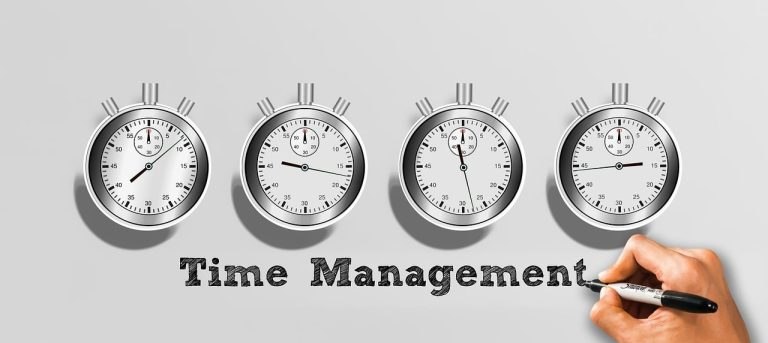In a time when our working lives are constantly changing, one thing is clear: Employees value the balance between work and private life more than ever before. Flexibility and understanding of individual needs are no longer just about well-being – they are essential for motivation, loyalty, and long-term engagement.
Both Deloitte’s Global Human Capital Trends reports and research on the Job Demands–Resources model (Bakker & Demerouti) confirm this: When demands increase without corresponding resources, the risk of stress and burnout rises. But when the balance is healthy, productivity, well-being, and innovation thrive.
A Changing Work Life – and Examples of New Solutions
During the pandemic, flexibility became a matter of survival.
One recent example is a company that, in response to economic challenges during the pandemic, reduced its workweek from five to four days. The 20% cut in salary costs not only saved the business – when they were later able to offer full pay again, they kept the shorter week, and productivity skyrocketed.
This shows that when employers dare to rethink the balance between work and life, the results can exceed expectations.
IMPORTANT!
Work–life balance is not the same as balancing between work and life…
Work Ethic Must Be Balanced with Self-Care
I’ve always had a strong work ethic. For many years, I made it a habit to use time off and compensatory leave for personal errands so I could be as effective as possible during working hours. I carefully planned absences to ensure the work would continue smoothly, and I always showed up with a strong sense of responsibility and loyalty – both to colleagues and the organization.
I never sought attention or made a fuss about my efforts. I simply made sure things worked. But in hindsight, I’ve realized that not making my work ethic visible can backfire. Strong work ethic rarely gets noticed. When things run smoothly, few think about who’s behind it. And when you suddenly find yourself out of a job, it’s easy to be forgotten.
I’ve had to learn that a strong work ethic doesn’t mean pushing yourself endlessly. It also means taking space and making yourself visible. Telling others what you do isn’t bragging – it’s information. It’s also about knowing when to pause. To set boundaries. To say no – not out of laziness, but out of wisdom.
Loyalty isn’t about always being available. It’s about enduring over time.
A strong work ethic without self-care is like driving a car without checking the oil. It works – until it doesn’t. And then it doesn’t matter how many miles you managed to drive before the engine broke down.
So balance isn’t about choosing between being dedicated or caring for yourself. It’s about understanding that one depends on the other.
Working from Home – Blessing and Pitfall
Remote work has revolutionized how we think about workplace presence. The benefits are clear:
- Reduced risk of infection
- Greater flexibility
- Potential for better work–life balance
But it also brings new challenges:
- Blurred lines between work and free time
- Lower threshold for feeling “too sick” to work
- Less social interaction with colleagues
Personally, I’ve valued the option to work from home, even though I haven’t used it much. I work better at the office, surrounded by structure and community – but just having the flexibility has been valuable in itself.
It’s also important to remember that remote work isn’t a universal privilege. Many jobs require physical presence. Valuing flexibility also means recognizing those who don’t have the same options.
Low Threshold for Absence: A New Challenge
With increased flexibility also comes new issues. When the boundaries between work and free time blur, it can become easier to let personal errands creep into work hours – or to stay home for mild discomforts.
This can lead to:
- Frustration among those who always show up
- A sense of unfairness in the team
- Lower overall productivity
The solution: Flexibility must be balanced with a sense of responsibility – on both sides.
Preventing Burnout Starts with Balance
Research shows that mental health conditions are now among the leading causes of sick leave.
Investing in prevention is no longer a “nice-to-have” – it’s a necessity.
This means:
- Recognizing your limits and listening to your body
- Creating an open culture around mental health
- Offering flexible solutions for gradual return after illness
- Normalizing the importance of rest, breaks, and balance
By prioritizing this, we can create workplaces that not only deliver results but also care for the people who make those results possible.
Feel free to check out my earlier article on preventing burnout.
Final Thoughts
Work–life balance is not a luxury – it’s the foundation of a sustainable, productive, and human-centered work life. By taking responsibility for ourselves and each other, we can create workplaces where both people and businesses thrive – together.
Would you like to share your thoughts?
How have you experienced the changes in work–life balance in recent years? Feel free to leave a comment – we learn best together.





